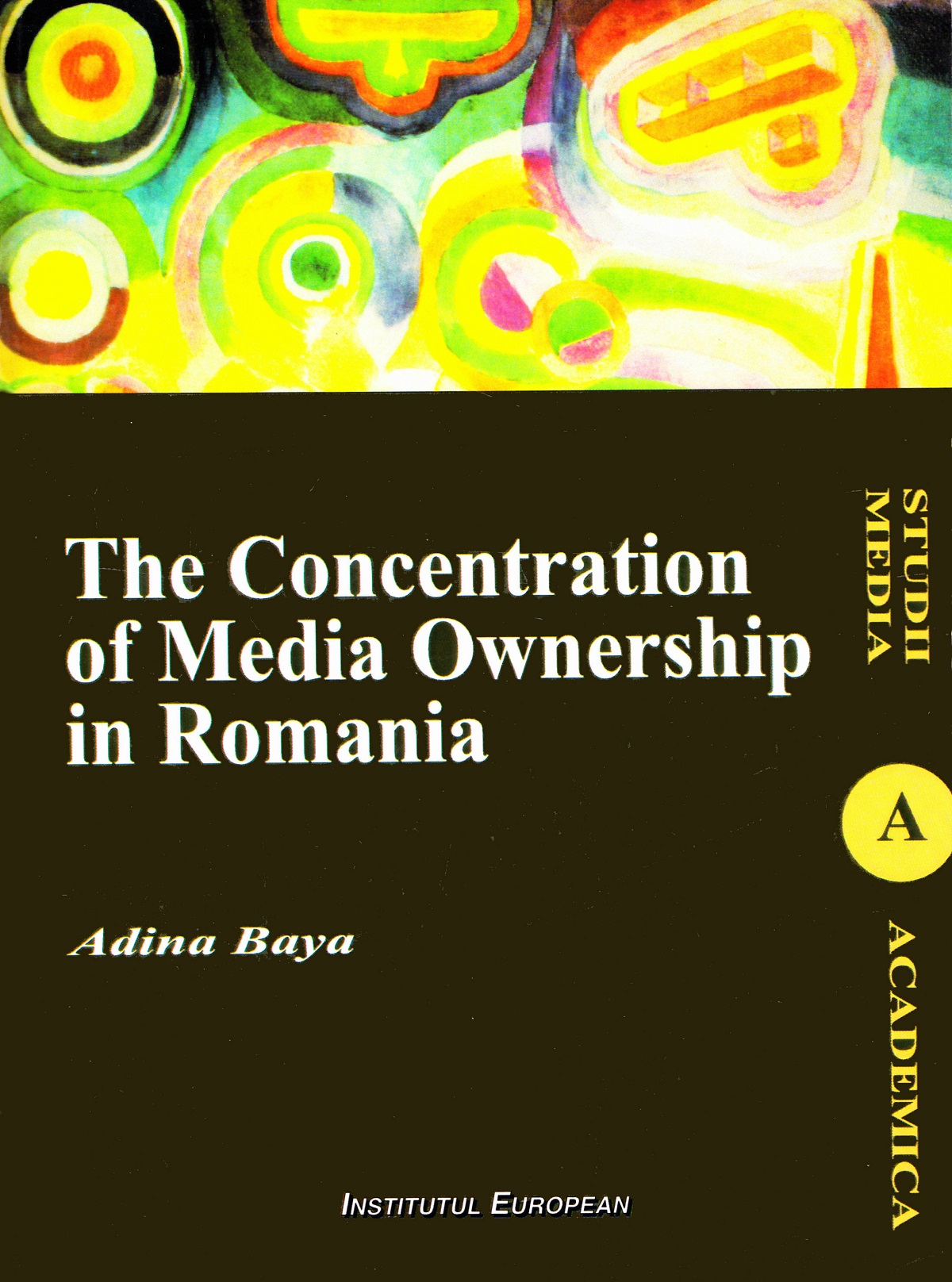The Concentration of Media Ownership in Romania
Increased debate has been developed in recent years on how the reconfiguration of media ownership affects media content, and especially on whether the concentration of ownership supports or challenges pluralism and media freedom. The current thesis aims to analyze this topic in the particular case of Romania, one of EU's newest member and a market where consolidation of media ownership is currently an ongoing process. My undertaking starts from an extensive analysis of the Romanian media market, its regulations and regional speciflcities, for the purpose of assessing the ongoing consolidation trends. It then proceeds to the framing of general arguments used in the debate pro and against consolidation of ownership in the media field. Finally, it makes extensive use of the empirical insights offered by a set of interviews with Romanian media analysts, with the aim of drawing conclusions pertaining to the main research question: Does the concentration of ownership support or challenge media freedom and pluralism in Romania? Findings will indicate that concentration of media ownership is not a negative tendency in itself, but corroborated with regional specificities - such as lack of transparency in ownership and funding, poor implementation of the legislative framework, and the unclear division between editorial and business policies inside media outlets - it might become a source of concern.
Descrierea produsului
Increased debate has been developed in recent years on how the reconfiguration of media ownership affects media content, and especially on whether the concentration of ownership supports or challenges pluralism and media freedom. The current thesis aims to analyze this topic in the particular case of Romania, one of EU's newest member and a market where consolidation of media ownership is currently an ongoing process. My undertaking starts from an extensive analysis of the Romanian media market, its regulations and regional speciflcities, for the purpose of assessing the ongoing consolidation trends. It then proceeds to the framing of general arguments used in the debate pro and against consolidation of ownership in the media field. Finally, it makes extensive use of the empirical insights offered by a set of interviews with Romanian media analysts, with the aim of drawing conclusions pertaining to the main research question: Does the concentration of ownership support or challenge media freedom and pluralism in Romania? Findings will indicate that concentration of media ownership is not a negative tendency in itself, but corroborated with regional specificities - such as lack of transparency in ownership and funding, poor implementation of the legislative framework, and the unclear division between editorial and business policies inside media outlets - it might become a source of concern.
Detaliile produsului














